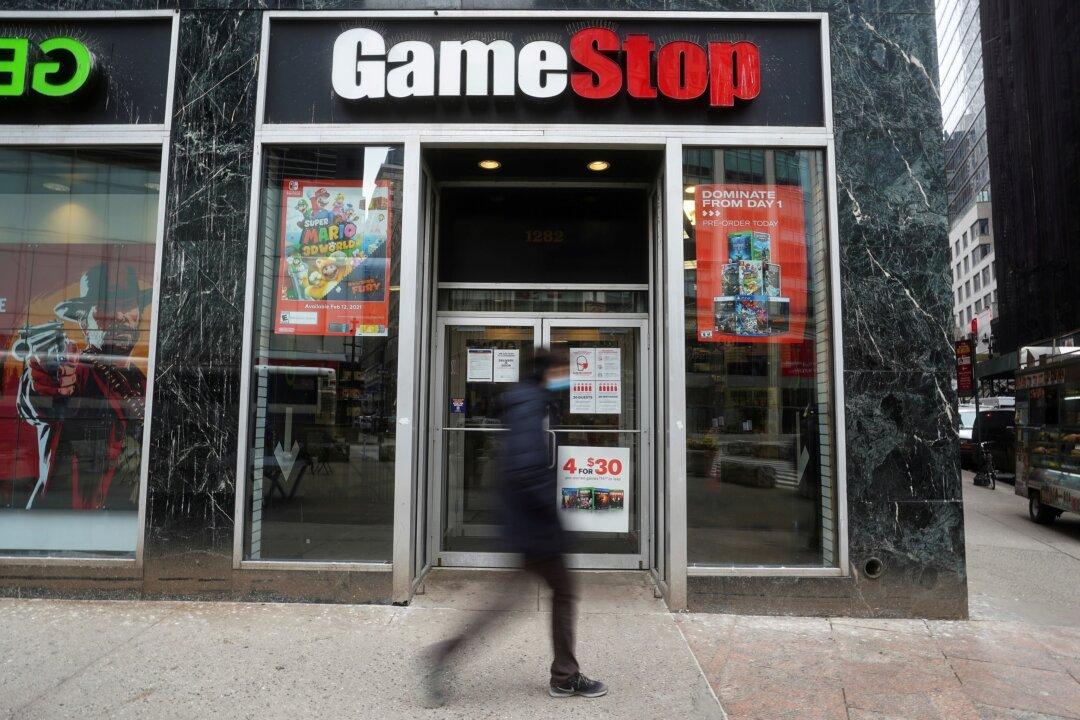Smaller investors have been winning in the battle with Wall Street over GameStop, according to a financial analyst.
“The generic backdrop to all this is kind of a little guy against the big [Wall] Street firms. And, in this case, the little guy has been winning,” analyst Jeff Carlson told The Epoch Times’ “American Thought Leaders” program.






